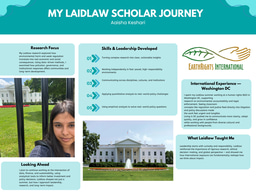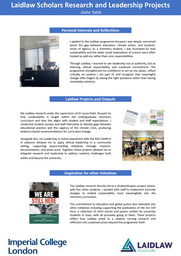People, not Paywalls: Understanding AI adoption for Irish SMEs
All of the studies included identified the same five common enablers: technology, organization, environment, finance, and ethics. Expert-based analysis (Aish et al., 2025) identified 14 influential factors, with five of the top seven factors pointing towards organisational barriers, highlighting the importance of leadership and culture over technological matters in AI adoption.That changed the next stage of my research, my interviews, from focusing on tools and infrastructures to workflows and culture
Interviews revealed big differences between businesses. Technology-oriented businesses experimented with AI repeatedly, in contrast with law and healthcare markets, who hesitated, noting GDPR, liability, and accuracy threats.
Time and talent were the biggest barriers. CEOs desired industry-specific, hands‑on practice, and low‑risk means to experiment with tools. Trialability, through starting small, was praised as a method of building confidence.
Challenges I found were fitting into crowded schedules of my interviewees’ schedules, generalising business difficulties to compare across industries , and establishing participant trust. My research also had its limitations, such as the small, voluntary sample size that is unable to offer real statistical confidence. Nonetheless, the patterns were evident.
3 Lessons on Leadership:
- Listen and learn before you promote tools. I was cautious to recommend tools that I personally had only heard of, and not utilised.
- Design recyclable pilots and content, not once-off training.
- Sell AI as complementing employees instead of substituting employees - there was absolutely a fear of job loss noted during the interviews, though not all that drastic.
The path forward for SMEs is practical: small pilots, clear governance, and a culture of learning.
On a personal level, the most challenging were slow processes, loss of motivation at times, and finding a balance for ambition and viability. Ethics approval was slower than expected, and the literature review was laborious and tiring. Perseverance and organising myself were key learnings.
The most gratifying were the times when research became human - interviews in which owners associated common challenges with practical pilots of AI, or supervisions in which a single penetrating insight changed the entire direction. I felt like I was contributing to something bigger myself, helping maintain the motivation during the long summer.



Please sign in
If you are a registered user on Laidlaw Scholars Network, please sign in